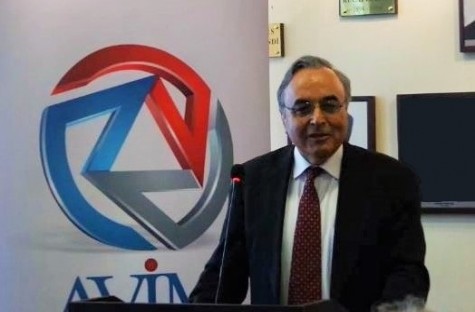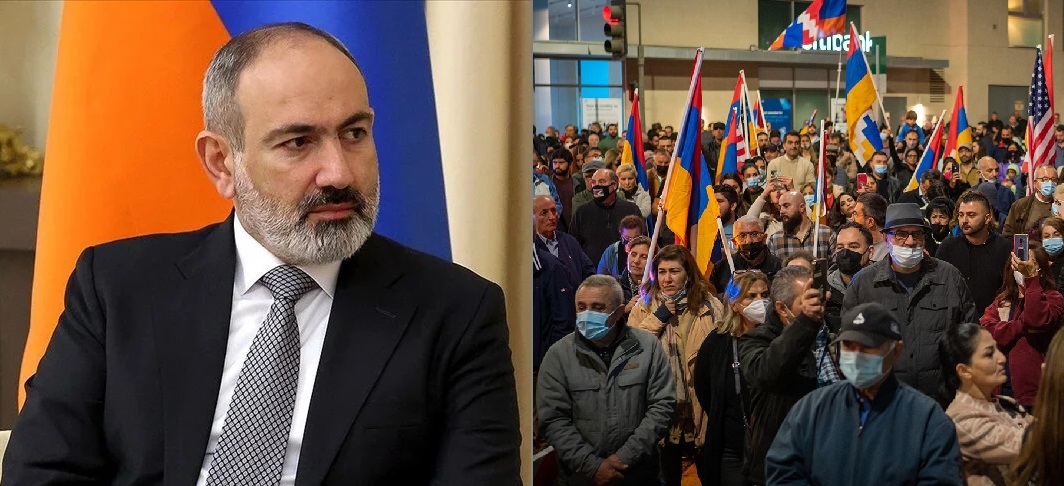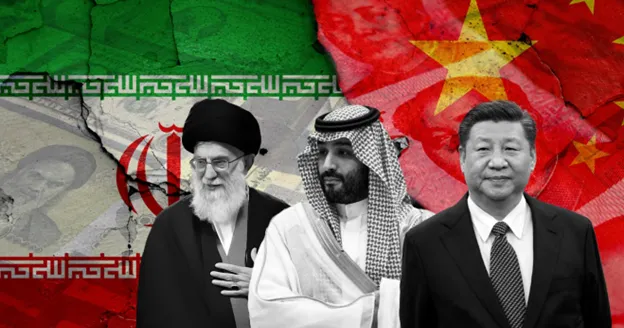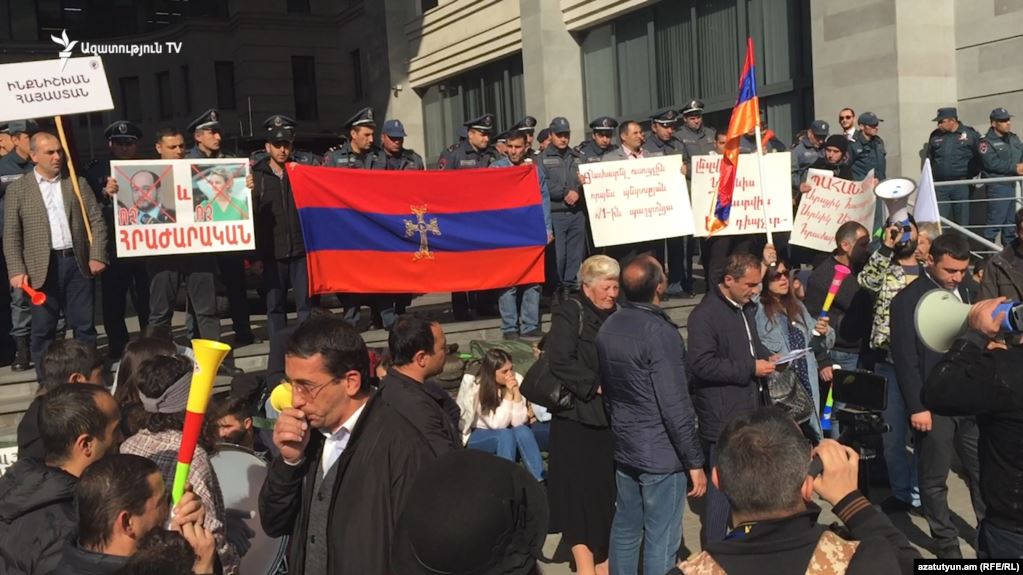The Collective Security Organisation (CSTO) established in 1992 with a treaty signed in Tashkent by Armenia, Belarus, Kazakhstan, Kyrgyzstan, Russia and Tajikistan has just held an informal summit meeting in Bishkek attended by heads of state with the exception of Armenia and Belarus. Momentarily, Belarus is known to have serious bilateral difficulties with Kyrgyzstan , understandably, from the fact that the ousted former Kyrgyz president is granted asylum there. The official reasoning on part of the organisers is that the summit is focused on Central Asian issues .
Armenian president’s absence , which is unprecedented on part of Armenia, seems to have more complicated grounds.The move sends messages both to Russia as well as to the West. To Russia: an expression of indignance for the recent hike in gas delivery prices; displeasure for pressure in joining the customs union, the inital step for the eurasian economic union; desire to have ties with the European Union and NATO; finally dissatisfaction with and even protest against the recent pronouncements by the Russian foreign minister on Nagorna Karabagh. To the West the message is a call to hold the extended hand by whatever realistic means possible.
Coming after last years Moscow summit, the Bishkek CSTO summit has been of a more significant nature with a wider, even global outreach despite its designation as informal and localisation as focusing on Central Asia. It has attracted wide international interest as the agenda items discussed have been made public .The joint statement adopted by the foreign ministers dealt with such current issues as Afghanistan, Syria, Iran and Nagorna Karabagh. At the summit, measures to be taken to minimize the negative impact after international forces withdraw from Afghanistan at the end of the year 2014 are reported to have been discussed.
Military solution to the Iranian nuclear problem is stated to be unacceptable. Unconditional right of every state party to the treaty on the nonproliferation of nuclear weapons to develop a peaceful program, including the right to enrichment is expressed. Regarding Syrian developments as of major concern, CSTO stands for speediest solution to the crisis by the Syrians themselves. While respecting the sovereignty of the Syrian Arab Republic, CSTO opposes illegal supply of weapons to members of armed opposition groups.
With all probability to the great discomfort of Armenia, in the presence of its foreign minister, Nagorno Karabagh conflict was another major issue discussed at the summit. The need for a peaceful settlement of the Karabagh conflict was underlined and the importance of speedy completion of the work carried out by the Minsk Group was stressed.
As the Russian president left Bishkek, after giving a major boost and visibility to the emerging face of CSTO, for Astana to attend the Supreme Eurasian Economic Council (SEEC), the governing body of Eurasian Customs Union , the organisational road map for Eurasia from a russian point of view, both on the security as well as the economical fronts appear to have been cemented. Astana meeting was also attended by the heads of state that participated the Bishkek CSTO meeting, this time augmented by the attendance of the president of Belarus as well as that of Ukraine, which has an observer status. The Armenian president who has regularly attended previous Eurasian Economic Council (EurAsSEC) meetings was again conspicuously absent.
© 2009-2025 Center for Eurasian Studies (AVİM) All Rights Reserved
 EUROPE AND THE EUROPEAN UNION - THE EUROPEAN SEGREGATION
EUROPE AND THE EUROPEAN UNION - THE EUROPEAN SEGREGATION
 A CALL FROM NAMIBIA ON HIS HOLINESS, POPE FRANCIS
A CALL FROM NAMIBIA ON HIS HOLINESS, POPE FRANCIS
COURT VERDICTS AGAINST ARMENIANS ARE BECOMING THE RULE
 TANER AKÇAM’S ARMENIAN PROPAGANDA CAMPAIGN CONTINUES
TANER AKÇAM’S ARMENIAN PROPAGANDA CAMPAIGN CONTINUES
 THE DIVERGENT AGENDAS OF THE ARMENIAN GOVERNMENT AND THE DIASPORA
THE DIVERGENT AGENDAS OF THE ARMENIAN GOVERNMENT AND THE DIASPORA
 IS IRAN GETTING MORE ISOLATED?
IS IRAN GETTING MORE ISOLATED?
 THE DASHNAKSUTYUN’S MASK SLIPS
THE DASHNAKSUTYUN’S MASK SLIPS
 POPE FRANCIS’ OFFICIAL VISIT TO ARMENIA
POPE FRANCIS’ OFFICIAL VISIT TO ARMENIA




























